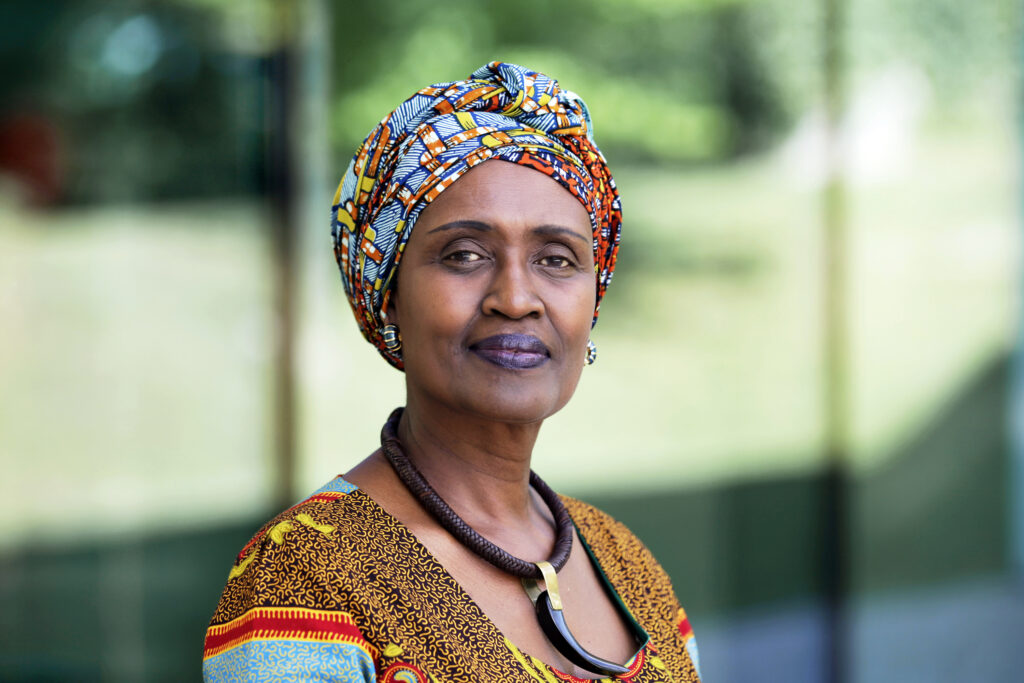Summary: UNAIDS, an organization that works to end AIDS, says that even though a recent trial for an HIV vaccine did not work, it is important to continue using other ways to prevent and treat HIV. They say that by using existing methods and making them more widely available, we can still reach the goal of ending AIDS by 2030. The trial was stopped because it did not show that the vaccine was effective.The Joint United Nations Programme on HIV/AIDS (UNAIDS) has called for continued innovation and urgency in ensuring that proven HIV prevention and treatment options reach all those in need, following the discontinuation of the Mosaico HIV vaccine trial.
The trial, which began in 2019 as a partnership between the US National Institute of Allergy and Infectious Diseases, Janssen Vaccines & Prevention B.V., the HIV Vaccine Trials Network, and the US Army Medical Research and Development Command, enrolled 3,900 men who have sex with men and transgender individuals across eight countries in Europe and the Americas, including the United States.
Participants received four injections over 12 months, either of the vaccine or a placebo, with an independent review finding no significant difference in the HIV acquisition rate between the two groups.
UNAIDS Executive Director, Winnie Byanyima, said in the statement, “The disappointment of the vaccine trial further underlines the importance of rolling out available HIV treatment and prevention innovations, including oral PrEP, long-acting injectables, and the vaginal ring. The search for a vaccine must continue, but it’s important to remember that despite this setback, the world can still end AIDS by 2030 by delivering all the proven prevention and treatment options to all the people who need them.”
Despite the discontinuation of the trial, research into vaccines and a cure for HIV must continue, but the world cannot wait for or depend on a vaccine or cure to end the AIDS pandemic by 2030, says UNAIDS. It noted that rapid progress is still possible if existing prevention and treatment options are made available through the sharing of technologies, expanding provision, and tackling barriers to access. It added that the development and sharing of long-acting prevention and treatment options are also crucial in expanding coverage.
“We are disappointed with this outcome and stand in solidarity with the people and communities vulnerable to and affected by HIV,” said Penny Heaton, MD, Global Therapeutic Area Head, Vaccines, Janssen Research & Development. “Though there have been significant advances in prevention since the beginning of the global epidemic, 1.5 million people acquired HIV in 2021 alone, underscoring the high unmet need for new options and why we have long worked to tackle this global health challenge. We remain steadfast in our commitment to advancing innovation in HIV, and we hope the data from Mosaico will provide insights for future efforts to develop a safe and effective vaccine. We are grateful to our Mosaico partners and the study investigators, staff and participants.”
